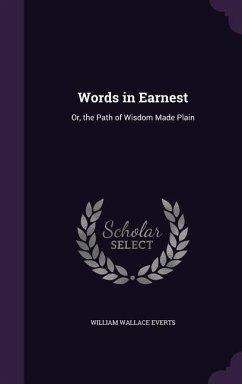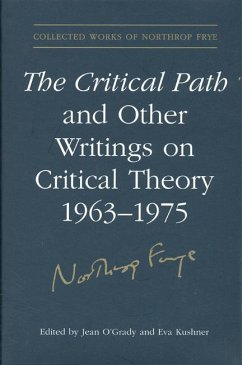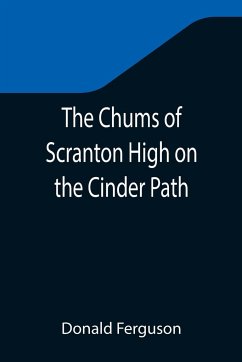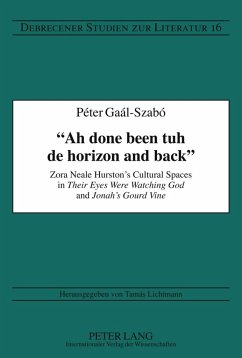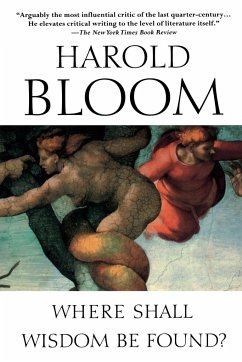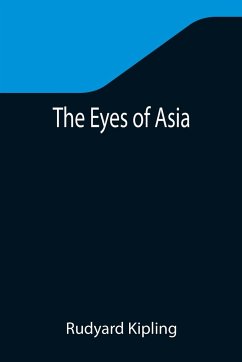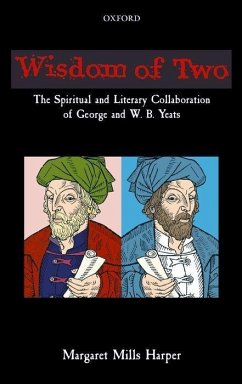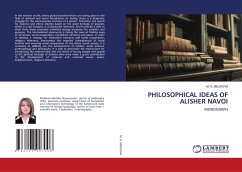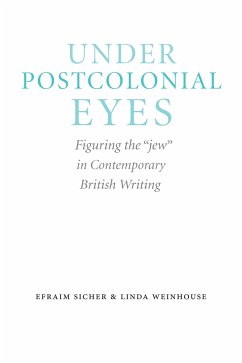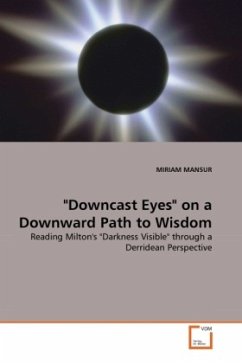
"Downcast Eyes" on a Downward Path to Wisdom
Reading Milton's "Darkness Visible" through a Derridean Perspective
Versandkostenfrei!
Versandfertig in 6-10 Tagen
45,99 €
inkl. MwSt.

PAYBACK Punkte
23 °P sammeln!
In this study, the visual metaphors of John Milton's Paradise Lost are analyzed and read through the poststructuralist perspective of Jacques Derrida on the issue of vision/blindness. To establish the contextualization for the dialogue on this issue, Martin Jay's book Downcast Eyes serves as a far- reaching guide from the early allusions on sight up to a poststructuralist/postmodern view. A careful reading of the visual metaphors of Paradise Lost will prove that, in this epic poem of the seventeenth century, the dialectics of traditional philosophy on the issue of vision/blindness should be pl...
In this study, the visual metaphors of John Milton's Paradise Lost are analyzed and read through the poststructuralist perspective of Jacques Derrida on the issue of vision/blindness. To establish the contextualization for the dialogue on this issue, Martin Jay's book Downcast Eyes serves as a far- reaching guide from the early allusions on sight up to a poststructuralist/postmodern view. A careful reading of the visual metaphors of Paradise Lost will prove that, in this epic poem of the seventeenth century, the dialectics of traditional philosophy on the issue of vision/blindness should be placed "under erasure" with the cancellation of the literal eye and the insertion of the figural "I". To attain such operation, I propose that the exercise of sight undergoes a process of interiorization that resembles the going inwardly through a "downward path to wisdom".I also propose that the abovementioned operation, the simultaneous cancellation of the eye and insertion of the "I", is accomplished in the epic through a "darkness visible" perspective in the establishment of an (in) stance in the matters of interpretation.



